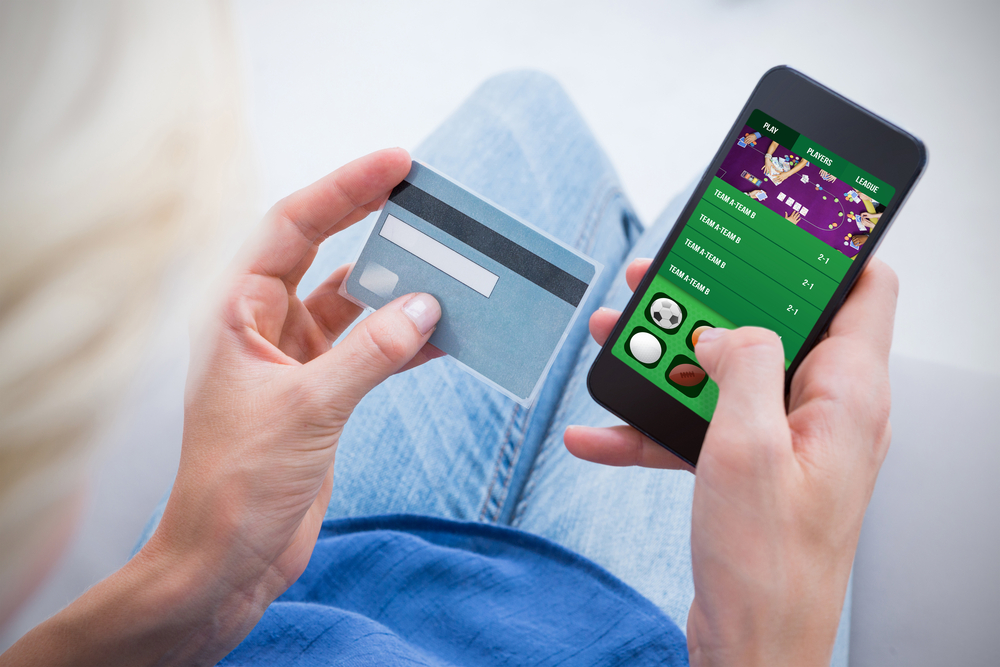A wide-ranging block
Bank Australia is the latest bank in the country to announce that its customers will no longer be able to use their credit cards for gambling purposes. The news comes at a time when a number of anti-gambling measures are being considered across Australia.
The bank wrote to customers last week to confirm it will be “blocking all gambling and gaming transactions on credit cards” starting December 1, 2020. The ban will apply to any spending on activities ranging from online gambling and gaming machines to horse racing betting and lotteries.
anti-gambling measures are being considered across Australia
Bank Australia will rely on merchants to provide information that will clarify whether a transaction relates to gambling. Customers will still be able to use debit cards for gambling purposes.
More responsible lending
According to a Bank Australia spokesperson, the blocking of gambling transactions reflects customer expectations that funds are lent in a responsible manner. In an email to Business Insider Australia, the spokesperson wrote: “As part of our commitment to responsible banking we want to make sure that the money we lend is used in ways that minimize potential harm to our customers and others.”
After engaging with stakeholders and conducting research with customers, Bank Australia found that an “overwhelming majority” of people support a block on credit card gambling transactions.
Other banks making similar moves
Other Australian banks that have similar credit card gambling blocks in place include Suncorp, Bank of Queensland, CUA, and Macquarie Bank. Some international banks also have similar blocks, such as Citibank and American Express.
Certain local banks have not gone as far as a complete ban on credit card gambling payments, but they do allow customers to opt in for a personal block on these types of transactions. In November 2018, Australia and New Zealand Banking Group (ANZ) took a slightly different approach when it announced a cap on credit card payments for gambling purposes.
An Australian Banking Association public consultation on the use of credit cards for gambling began late last year to gauge the extent of the problem. There is also a piece of legislation in the works that aims to help combat illegal gambling operations by setting a cap on cash transactions. Such a cap would also hit high rollers who deposit large cash sums at casinos.
NSW looks to minimize gambling harm
Bank Australia’s announcement is the latest move in an overall push nationwide to rein in irresponsible gambling and minimize gambling harm.
Australia’s New South Wales (NSW) government is looking to transition all gaming machines to a cashless system through a government-issued gambling card. Customers would need to register and pre-load money onto this card that would also integrate the NSW gambling self-exclusion list.
There is bipartisan support for the change, with senior cabinet minister Victor Dominello leading the charge. The release of draft harm minimization legislation took place last week; proposed measures include the use of facial recognition technology to identify self-excluded gamblers.
The current self-exclusion scheme in the region sees gamblers sign a deed asking certain venues to deny them entry. However, there are no sanctions for a venue or individual that breaches a banning order. The 2019 NSW Gambling Survey showed that 92% of excluded gamblers successfully regained entry to a venue where a ban order was in place.
Local opposition
A number of local business groups and politicians voiced their opposition to moving to a cashless system, maintaining that pubs and restaurants rely heavily on gaming machine revenues. They believe the ongoing coronavirus pandemic is the worst timing for such a transition, adding that the various changes required would be an expensive solution.
pandemic is the worst timing
Some of the groups to air their opposition include Clubs NSW, NSW Australian Hotels Association, and the NSW Shooters, Fishers and Farmers Party.
In NSW, there are 95,000 gaming machines that generate about AU$1bn (US$722m) in state taxes every year. These machines also support up to 100,000 jobs. NSW government figures show that expenditure on gaming machines increased by over AU$200m (US$144m) from June to August, representing a 12% year-on-year rise.
